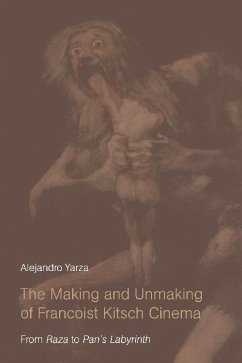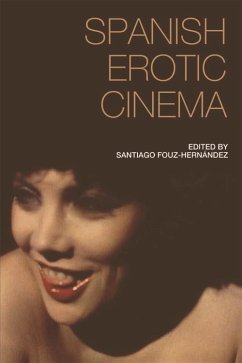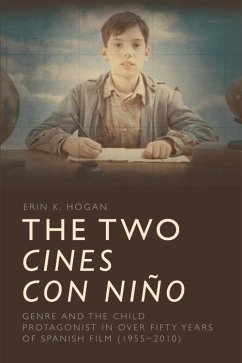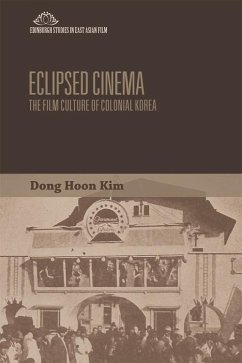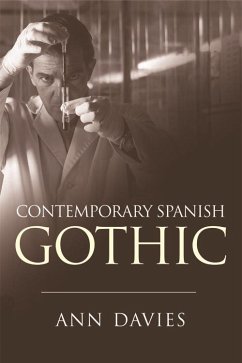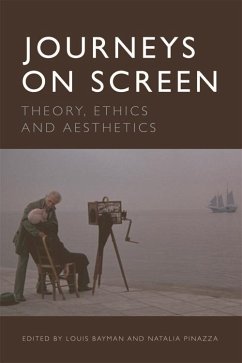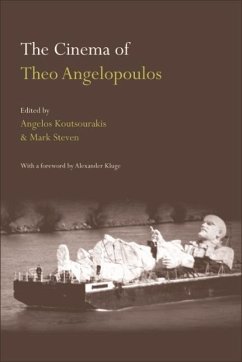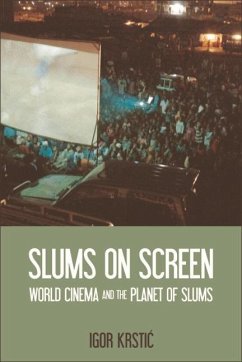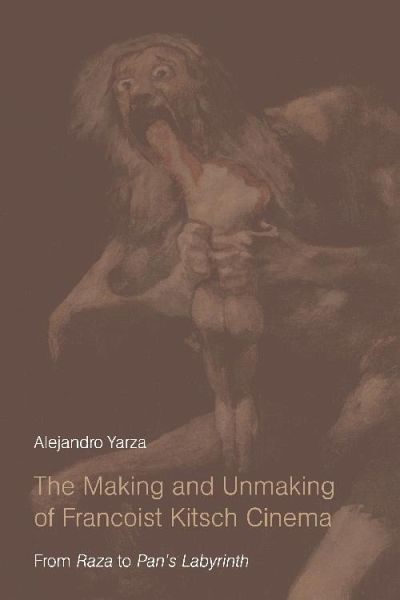
Making and Unmaking of Francoist Kitsch Cinema (eBook, PDF)
From Raza to Pan´s Labyrinth

PAYBACK Punkte
14 °P sammeln!
Examines Francoist and Post-Francoist Spanish cinema through the lens of kitsch aestheticsIn fascist Spain, Francoism - like German and Italian fascism - produced its own particular brand of kitsch. Deploying religious and historical iconography drawn from Spain's centuries-long struggle against Islam, Francoist ideologues created a kitsch interpretation of Spain's historical past designed to replace more complex and nuanced accounts, where religious and historical iconography combined with kitsch aesthetics to project a picturesque, clichéd image of Spain. The ultimate goal of this vast prod...
Examines Francoist and Post-Francoist Spanish cinema through the lens of kitsch aesthetics
In fascist Spain, Francoism - like German and Italian fascism - produced its own particular brand of kitsch. Deploying religious and historical iconography drawn from Spain's centuries-long struggle against Islam, Francoist ideologues created a kitsch interpretation of Spain's historical past designed to replace more complex and nuanced accounts, where religious and historical iconography combined with kitsch aesthetics to project a picturesque, clichéd image of Spain. The ultimate goal of this vast production of Francoist kitsch was to produce a submissive subject who, by identifying with Francoist aesthetics, would identify with state ideology.
This book engages with the making and unmaking of Francoist kitsch aesthetics through the analysis of Spanish cinema. It examines five highly influential Francoist films produced from 1938 until 1964 and three later films by critically acclaimed directors Luis Buñuel, Guillermo del Toro, and Alex de la Iglesia that attempt to undermine Francoist aesthetics by re-imagining its visual and narrative clichés.
Key features
- A comprehensive analysis of totalitarian kitsch aesthetics and Spanish fascism
- An exploration of the links between cinema and politics in Franco and Post-Franco Spain
- In-depth film analysis of several Spanish films anchored in historical contexts
- Theoretical approach to Spanish cinema and kitsch aesthetics
- Close analysis of films by critically acclaimed directors Luis Buñuel, Alex de la Iglesia and Guillermo del Toro
Dieser Download kann aus rechtlichen Gründen nur mit Rechnungsadresse in A, B, BG, CY, CZ, D, DK, EW, E, FIN, F, GR, HR, H, IRL, I, LT, L, LR, M, NL, PL, P, R, S, SLO, SK ausgeliefert werden.




